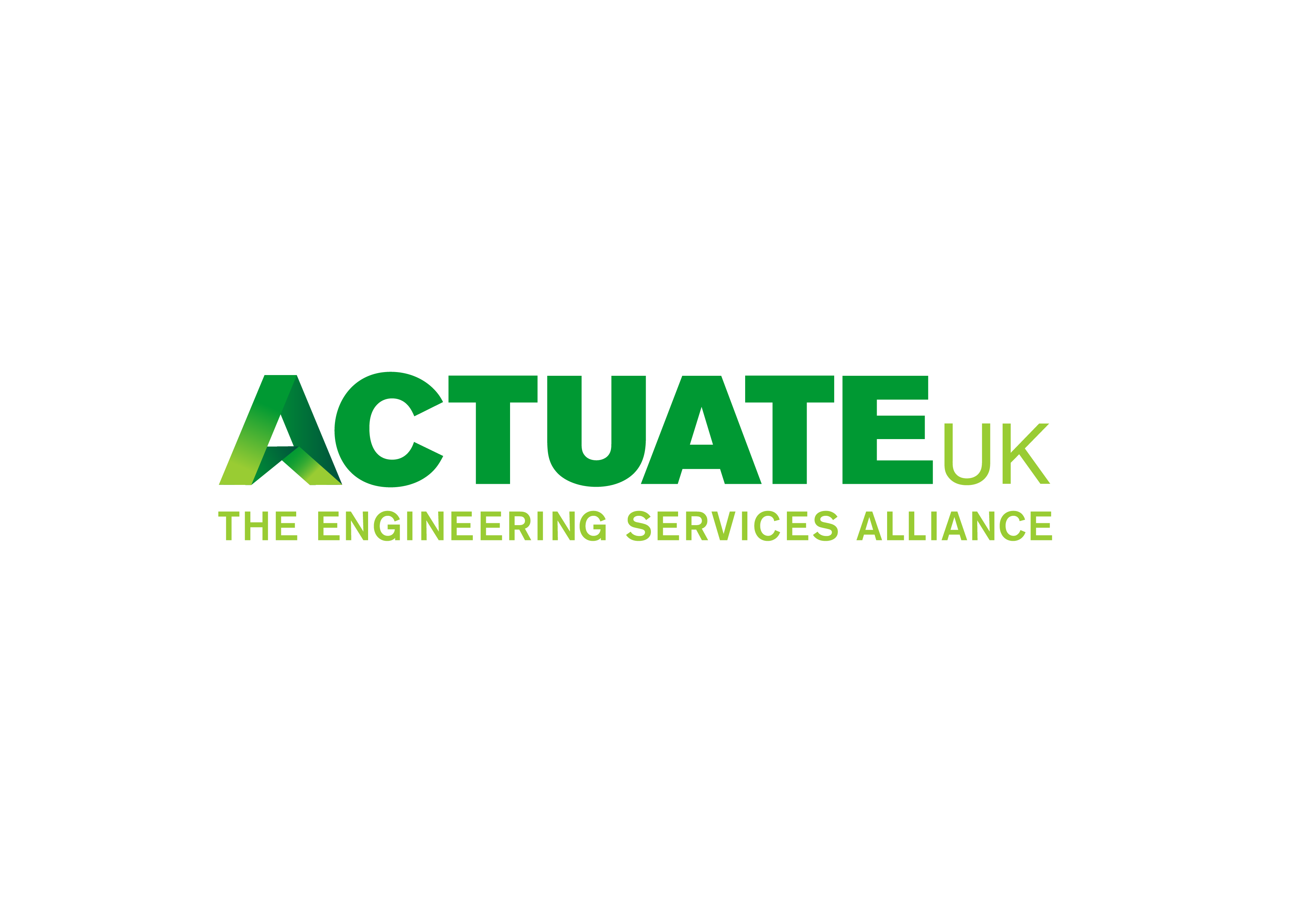As it is summarized in the Prompt Payment Review report and following consultations, Government has agreed to:
- Legislate to extend payment performance reporting obligations that will include a value metric for reporting, so businesses and commentators can see the value of invoices, including invoices paid late, and a disputed invoices metric.
- They will also introduce reporting on retention payments for businesses in the construction sector.
- Strengthen the Office of the Small Business Commissioner and integrate it with other late payment functions, such as the Prompt Payment Code.
In addition, the new Procurement Act introduces 30 day payment as a statutory implied term into public sector contracts at tiers 1, 2 and 3 of the supply chain and ensure the public sector have to report on identical terms to the private sector on payment performance.
Rob Driscoll, ECA Director of Legal & Business, commented on behalf of the Business Group of Actuate UK:
“This Autumn Statement represents a milestone acknowledgement in our longstanding campaign with Actuate UK and an alliance of a dozen trade bodies to improve the commercial environment in for our members, and the wider engineering services industry.
“It clearly demonstrates that Government understands that liquidity of supply chains and cash-flow are priorities also for economic growth and productivity.”
Debbie Petford BESA's director of legal and commercial affairs and member of the Actuate UK Business Group also welcomed the announcements:
"It's heartening to see that the Chancellor recognises the importance of healthy cash flow in construction supply chains, especially at a time when high interest rates and slow economic growth have delayed projects and put further pressure on profit margins". And she added:
"We have had many false dawns so he really must follow through this time. Late payment continues to blight our sector and, although we have made significant strides in recent years, ultimately this will come down to enforcement and a realisation among larger firms that they will be barred from lucrative contracts if they do not treat their suppliers fairly.
"We now have the digital technology to enable full payment transparency in supply chains so it is easier than it has ever been to hold people to account - and as the industry's biggest client, the government can make this stick."
You can read a summary of Actuate UK submissions to these consultations here.




